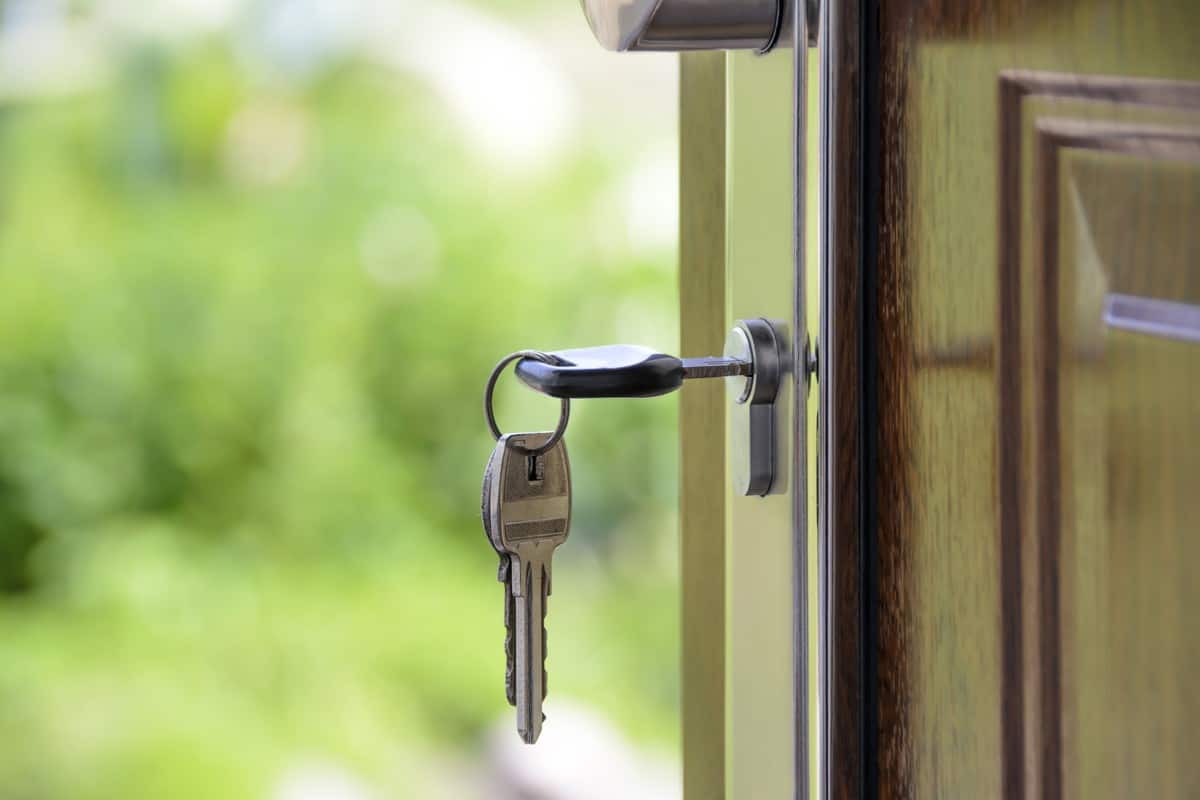Are you hoping to make this the year you become a homeowner? With mortgage rates at historical lows, it might seem like the perfect time to take the plunge into homeownership. But with rates so low and the market so volatile, banks are getting more and more particular about their lending. They want higher credit scores and more money down to secure a home mortgage.
Are you wondering what credit score you need to buy a house? Are you worried your credit score isn’t high enough to get a home mortgage right now? If you’re working on your credit score and hoping to buy a house, read on to learn what credit scores you need to become a homeowner.
Types Of Mortgages
The first thing to understand is that you can get a variety of types of loans when you buy a house. The credit score requirements are different depending on several factors. It will depend on what type of loan you get (more on this shortly). The required credit score for the home loan depends on who is giving and securing the loan.
Down payment amounts and how much money you want to borrow also impact the needed credit score. A credit score is an essential factor in securing a mortgage, no doubt. But other factors, working in conjunction, will determine whether you have the credit score for mortgage approval.
Conventional Mortgages
A conventional mortgage is a home loan not secured by a government agency that follows the standards of Freddie Mac and Fannie Mae. Most banks and some mortgage brokers do conventional mortgages.
In most cases, you need a higher credit score, around the mid 700s, to secure a conventional mortgage. With a credit score in the 700s, you should be able to not only get a traditional loan but also one with competitive rates and low down payment requirements. It’s possible to get a conventional mortgage with a credit score as low as 620. The lower the credit score, though, the likelihood of higher rates and more down payment needed.
FHA Mortgages
An FHA mortgage is one you get from any number of lenders, yet the Federal Housing Administration backs the loan. That means the lending institution takes on less risk. The credit score requirements are lower for an FHA loan than a conventional mortgage because of the backing from the federal government. To secure an FHA loan with the enticing interest rate of 3.5%, you need a credit score of at least 580 or higher.
FHA loans can be secured with a credit score from 500 to 579 if you have at least a 10% down payment. This is mostly because these private lenders have requirements. FHA doesn’t have a minimum score required to secure a loan. Depending on the amount of down payment, no matter your credit score, you can still be required to pay private mortgage insurance or PMI.
Veteran Mortgages
A VA mortgage can come from any type of lender, bank or mortgage broker, yet is secured by the U.S. Department of Veterans Affairs. The requirement to get one of these loans doesn’t come from credit score, instead, it comes from some form of military service.
To get a VA loan, you must be:
- Member of the regular military, veteran, reservists, and National Guard
- Spouses of deceased or disabled veterans
- Served at 6 months of active duty
- Wartime service of 90 consecutive days of service
- More than a half year of non-wartime service
There are no VA credit score requirements, those would depend on the lending institution. One of the perks of a VA loan, unlike an FHA loan, is that you don’t pay PMI for a VA loan. Because of the backing of the U.S. Department of Veterans Affairs, the credit requirements for lending institutions often mirror those for FHA loans.
USDA Mortgage
A USDA loan is another loan backed by the government, in this case, the US Department of Agriculture. USDA loans were created to incentivize low and moderate-income buyers in rural areas to get homeownership.
There are several other requirements for a USDA loan but a minimum credit score of 640 is required to be eligible.
Jumbo Mortgage
A jumbo mortgage is unique from all the others. Also known as a non-conforming mortgage because the amount being borrowed is higher than the limits put in place by Fannie Mae and Freddie Mac. So, when a lender gives a jumbo mortgage they are going outside of the federal guidelines. Because loaning larger amounts of money in these mortgages involves greater risk, the credit score requirements are often higher.
Most lenders want the borrower to have a sizable down payment and a credit score in the 700s to be eligible for a jumbo mortgage.
Credit Scores And Interest Rates
Credit scores not only qualify or disqualify you for mortgages, but they also impact the interest rate you’ll get on the loan. Lenders look at your credit score as an indicator of your willingness to pay your mortgage. Do you pay your bills on time? Do you handle your money responsibly? Do you use your other credit wisely and not overextend?
Your credit score helps to paint a picture of you as a borrower and how much risk there is connected to lending to you. Based on this, your down payment and loan amount, lenders can establish the interest rate you’ll get on your loan. Remember, don’t fret if your credit is less than perfect. It’s fixable with some patience and responsibility. Develop a plan to get yourself to homeownership and stick to it.
What Credit Score Do You Need to Buy a House?
What credit score do you need to buy a house? Knowing this is the first step in the process of getting there. Your credit score can affect the type of loan you are eligible for and the interest rate you will get when you take out the mortgage.



